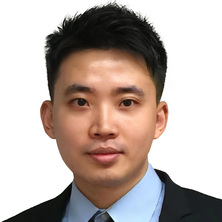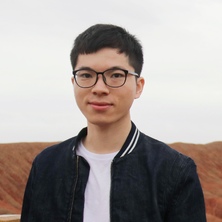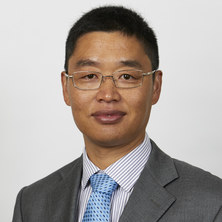Innovative, ultra-efficient device for sustainable electricity harvesting from CO2 (2025-2026)
Abstract
The global market for carbon capture and storage (CCS) technologies is projected to reach $6 billion by 2027, with an anticipated compound annual growth rate of approximately 20-25% over the next decade. However, current CO2 capture methods are energy-intensive and costly, limiting their practicality and sustainability. This project aims to develop a novel ion separation technique to generate electricity and provide a carbon-negative solution to offset energy costs during the CO2 adsorption process from the current TRL4 in lab setting (~1 L) to TRL6 at a larger prototype system (~ 1 m3). It is expected that our proposed integrated CO2 capture and renewable energy production process could save a potential of 5-10% energy consumption.



